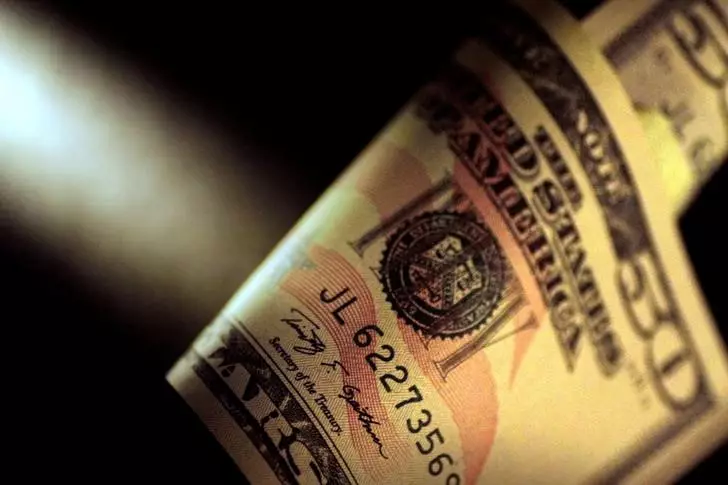In the world of finance, few events capture the attention of traders and investors like a significant election, particularly one as highly contested as the upcoming U.S. presidential election. Recently, the U.S. dollar has experienced a slight decline, a trend that signals the inherent volatility in the currency markets as the nation braces for a tightly fought contest. As the Dollar Index dipped 0.1% to 103.655, it reached its lowest point since October 21, highlighting a stark contrast to the heights it had achieved just weeks before. This dip can be attributed to a combination of political uncertainty and market reactions to changing economic sentiments.
As the election nears, opinions are split, with both major candidates, Donald Trump and Kamala Harris, engaged in a neck-and-neck race. Analysts note that the financial markets have historically responded favorably to Trump’s policies, with their inflationary implications boosting U.S. yields and the dollar. However, as polling results suggest a tighter contest, the once-solid “Trump trade” appears to be unwinding, contributing to the greenback’s recent weakness. The potential for significant market movements in response to election results has led to heightened volatility in the foreign exchange options market, underscoring the cautious sentiment permeating among traders.
Compounding the dollar’s struggles, the Federal Reserve is set to convene later this week, where discussions are likely to revolve around interest rate cuts. A reduction of 25 basis points is anticipated, contrasting sharply with the larger 50-basis point cut seen in September. As traders eagerly await signals from Fed Chair Jerome Powell, they remain acutely aware of mixed economic indicators. Recent data showing persistent inflation alongside signs of a deteriorating labor market adds layers of complexity to the Fed’s decision-making process.
With the upcoming election threatening to overshadow economic variables, the ramifications for currency markets may be profound. Analysts from ING emphasize the binary nature of the election’s impact on the dollar — a decisive Trump victory might push the dollar higher, while a win for Harris could result in a more subdued outlook. The juxtaposition of the Fed’s policy plans and the election results could shape market trajectories in unpredictable ways.
In Europe, the euro has managed to gain some traction despite the dollar’s depreciation, trading 0.2% higher against the greenback. However, this positive movement is tempered by persistent economic challenges within the region. A recent report indicating a 0.9% drop in French industrial production exacerbates concerns about the eurozone’s economic stability. Analysts warn that political ramifications from the U.S. election could permeate global markets, with potential repercussions on the euro’s value over the long term.
The upcoming election results could lead to scenarios that would place additional strain on the euro. Indeed, analysts posit that a possible Trump win with a divided Congress could create a complex web of fiscal policy challenges that would hinder growth prospects in Europe. Given the interconnectedness of global economies, market participants are advised to remain vigilant of the implications stemming from transatlantic elections.
Meanwhile, currencies such as the British pound and the Japanese yen are also adjusting to evolving market dynamics. The pound rose slightly amid expectations of another rate cut from the Bank of England, while the yen remains close to a three-month low against the dollar. Emerging market currencies are also in focus, with significant anticipation surrounding China’s economic strategies.
The Australian dollar has seen a notable increase, buoyed by the Reserve Bank of Australia’s steady policy decision, despite concerns over inflationary risks. Analysts suggest that should Harris prevail in the U.S. election, the Australian dollar may emerge as a significant beneficiary due to decreased tariff threats against China.
The upcoming U.S. presidential election promises to be a pivotal moment with far-reaching implications for currency markets worldwide. The precarious state of the dollar, coupled with ongoing discussions within the Federal Reserve and the influences of European counterparts, creates a complex landscape for traders and investors alike. As these dynamics unfold, it will be critical for market participants to adapt swiftly to the rapidly changing economic and political environment, especially as the outcomes of the election start to reshape financial expectations across the globe.

